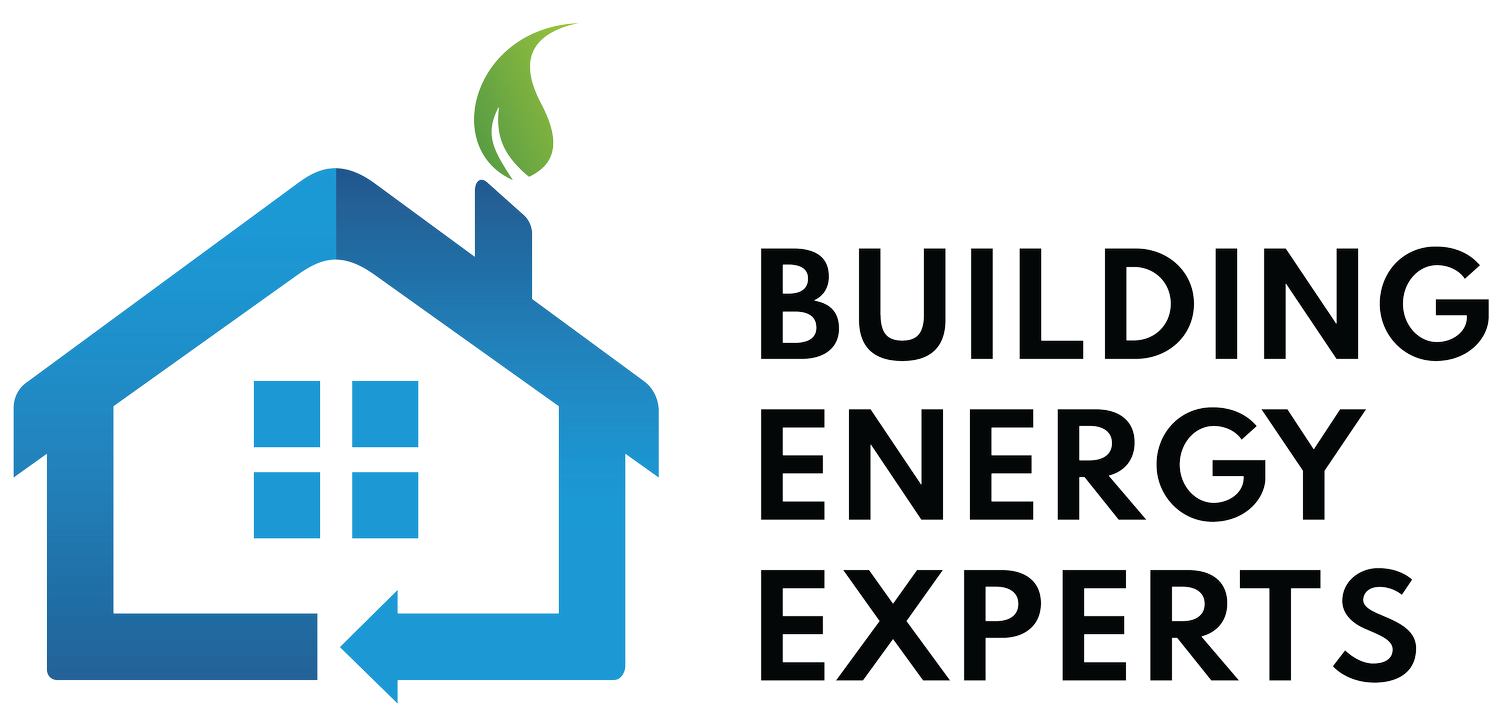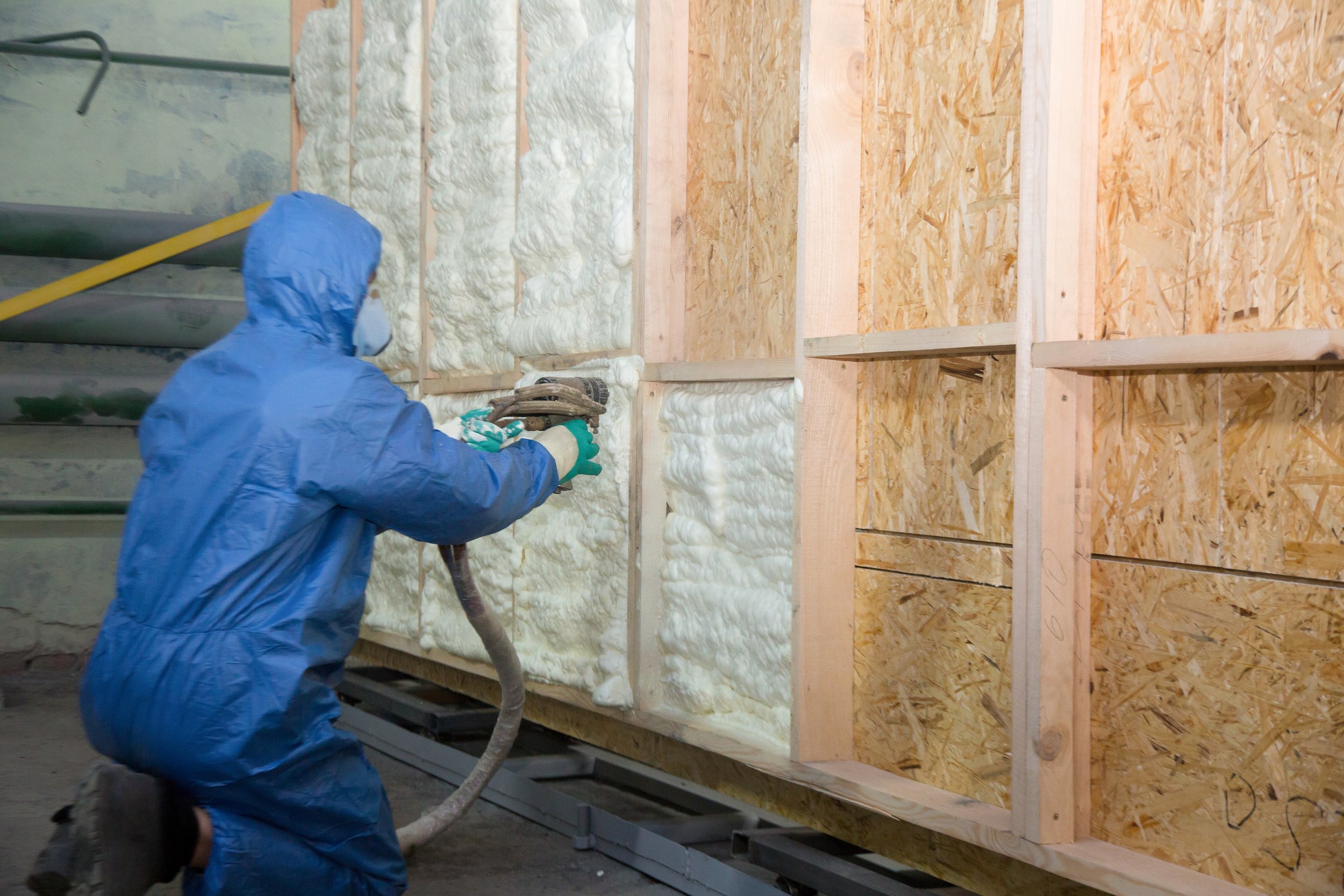The Ultimate Guide to Choosing the Right Insulation for Your Home
Insulation is a critical component of any home, directly affecting comfort, energy efficiency, and utility costs. With numerous options available, choosing the right type of insulation can be overwhelming. This comprehensive guide by Building Energy Experts will help you navigate the world of home insulation, exploring different materials, their benefits, and how to select the perfect solution for your specific needs.
Types of Insulation
When it comes to insulating your home, there are several types of materials to consider. Each type has its unique properties, benefits, and drawbacks. Here, we'll break down the most common types of insulation used in residential settings.
1. Fiberglass Insulation:
Fiberglass insulation is one of the most commonly used materials due to its affordability and effectiveness.
Pros:
- Cost-effective
- Easy to install
- Non-flammable
Cons:
- Can irritate skin and lungs if not handled properly
- Loses effectiveness when compressed
2. Cellulose Insulation:
Cellulose insulation is made from recycled paper products, making it an environmentally friendly option.
Pros:
- Excellent for reducing air leakage
- High recycled content
- Effective in all climates
Cons:
- Must be installed by professional to reduce dust
- Requires specialized equipment to install
3. Spray Foam Insulation:
Spray foam insulation expands upon application, filling gaps and providing an excellent air seal.
Pros:
- High R-value per inch
- Excellent for sealing gaps and cracks
- Acts as an air and moisture barrier
Cons:
- More expensive than other types
- Requires professional installation
4. Rigid Foam Insulation:
Rigid foam insulation is often used in new construction for insulating foundations and exterior walls.
Pros:
- High insulating value
- Moisture resistant
- Durable
Cons:
- Higher cost
- Can be difficult to fit around irregular shapes
Factors to Consider When Choosing Insulation
Selecting the right insulation for your home involves considering several key factors. Here’s what you need to keep in mind:
1. Climate:
Your local climate plays a significant role in determining the type of insulation that will be most effective. For example, homes in colder climates may benefit more from high R-value insulation to combat heat loss.
2. Budget:
While some insulation materials are more expensive upfront, they can offer long-term savings on energy bills. Balance your budget with the long-term benefits of each type of insulation.
3. Installation Area:
Different areas of your home may require different types of insulation. For instance, attics might benefit from loose-fill insulation, while spray foam may be better for sealing around windows and doors.
4. Environmental Impact:
Consider the environmental footprint of the insulation material. Options like cellulose, which is made from recycled materials, can be a more sustainable choice.
Impact on Energy Efficiency and Comfort
Proper insulation is crucial for maintaining a comfortable indoor environment and reducing energy costs. By minimizing heat loss in winter and heat gain in summer, insulation helps to keep your home’s temperature stable, reducing the load on your heating and cooling systems. This not only enhances comfort but also leads to significant energy savings over time.
Expert Recommendations:
Building Energy Experts recommend a thorough assessment of your home’s current insulation levels before making any decisions. Here are some tailored suggestions based on different home setups:
For Older Homes:
Older homes often have inadequate or deteriorating insulation. Upgrading to spray foam insulation can seal leaks and provide a higher R-value, improving both comfort and energy efficiency.
For New Constructions:
In new builds, consider using a combination of rigid foam insulation for foundations and cellulose for walls and attics to balance cost and performance.
For Eco-Conscious Homeowners:
Cellulose insulation is an excellent choice for those looking to minimize their environmental impact without sacrificing performance.
Choosing the right insulation for your home is a crucial decision that impacts comfort, energy efficiency, and utility costs. By understanding the different types of insulation available and considering factors like climate, budget, and environmental impact, you can make an informed choice that best suits your needs. For personalized advice and professional installation, contact Building Energy Experts today.
Ready to improve your home’s insulation? Visit Building Energy Experts to learn more and schedule a consultation with our team of experts. Make your home more comfortable and energy-efficient with the right insulation choices!





